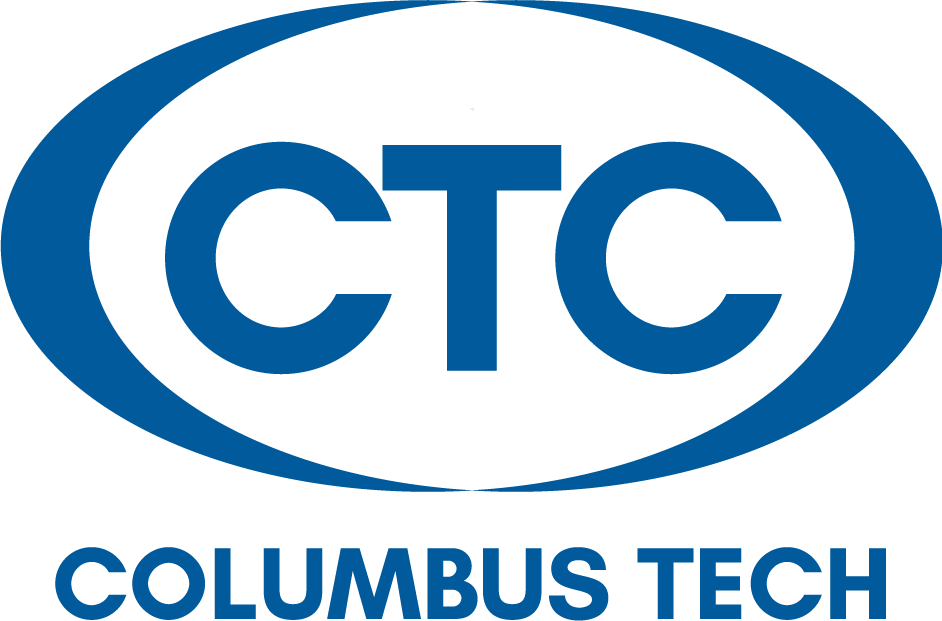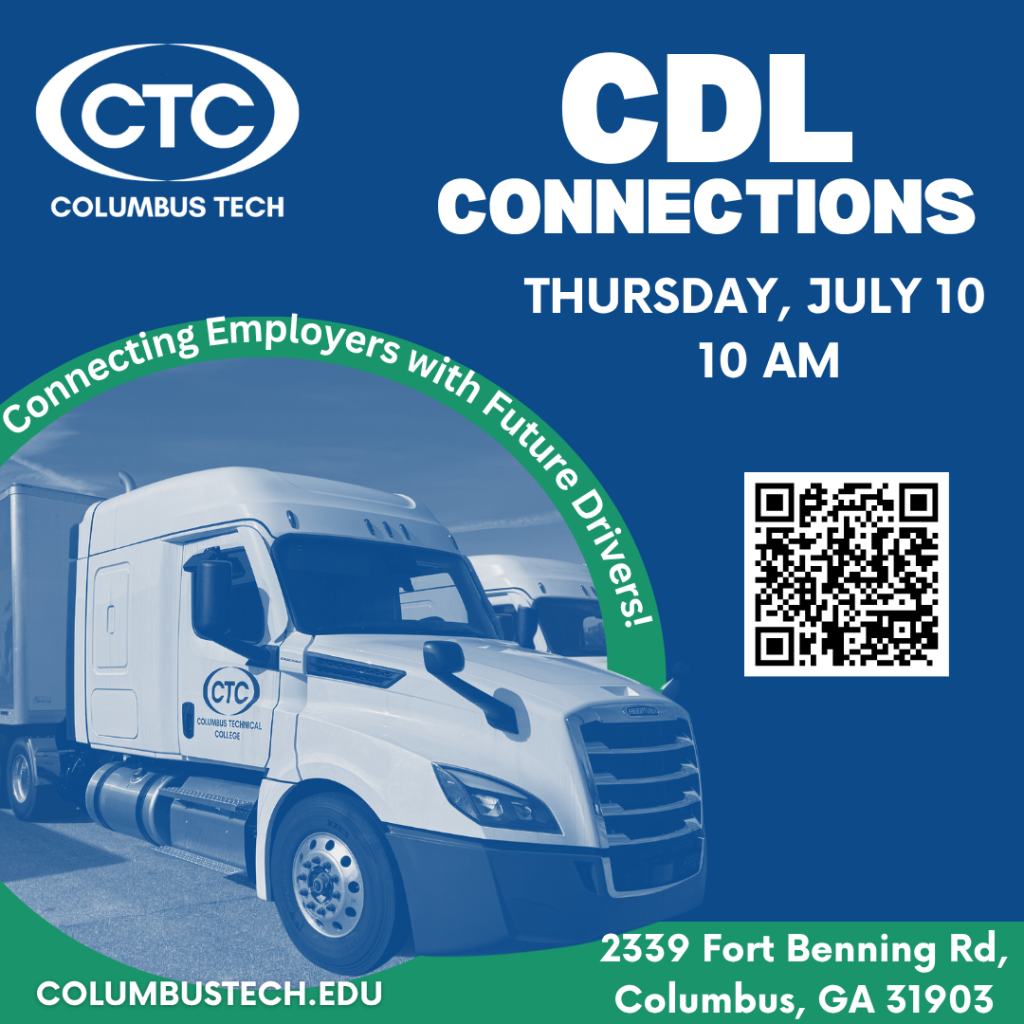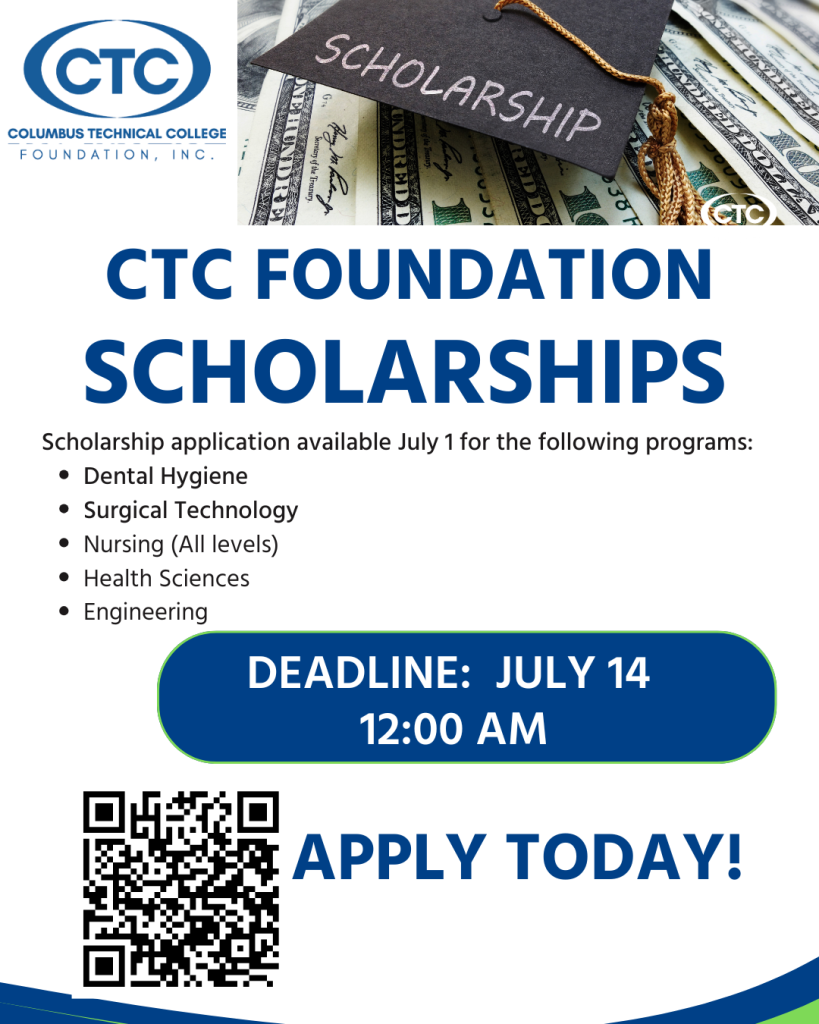Lesson 1: Introduction to Information Literacy
Learning Objectives
- Understand the meaning of research
- Identify the steps in the research process
- Understand the importance of evaluating information
Estimated time to complete: 30 minutes.
What is Research?
“The goal of research is not to summarize the work of others but to build on it and arrive at your own understanding of the subject.” (MLA Handbook for Writers of Research Papers, 7th Edition, p.4) Searching is what students do when they need to find something specific; a book on the Crusades, price of a ticket to Busch Gardens, car keys. Once that something is found, searching generally stops. Research, on the other hand, is a process of discovery. The Merriam Webster Online Dictionary defines research as “studious inquiry” and “discovery and interpretation of facts.” The Oxford English Dictionary states that research is “to search again or repeatedly.” Research does not mean finding four articles because you are required to find four sources for your paper. You need to read eight, twelve, or more sources in order to discover the four best sources for the assignment.
Breaking the word ‘research’ into its component parts
Study the two components of the word “research”
re“Prefix… denoting that the action itself is performed a second time, and sometimes that its result is to reverse a previous action or process…” (OED)
search“1.To explore, examine thoroughly. 2. To peruse, look through, examine (writings, records) in order to discover whether certain things are contained there.” (OED)
The Six Steps in the Research Process
Step 1: Choose Your Topic
Your instructor may have assigned you a topic or you may have to come up with your own. To choose a good topic, consider gathering information on a topic that is:
- Interesting! Focus on a topic that you want to know more about and can hold your interest to the end of your research.
- Neither too broad nor too narrow. A topic that is too broad may not be manageable within your time frame. A topic that is too narrow may not be researchable.
- Well-defined and specific.
Step 2: Search for and read background information
After choosing a topic, you will need to gain a general understanding of it by gathering information that will introduce you to terminology, concepts, people, and events specific to your topic. Some good starting places are:
- A specialized, subject-specific reference book (For example, The Concise Oxford Companion to American Literature)
- The Web
- Your college librarian
Note: In this phase of research, you may need to expand or even change your topic depending on what information you find.
Step 3: Narrow Your Topic
For example: “I’m thinking of doing a paper on technology” is too general. Refine your topic by asking yourself some questions:
- When you think of this topic, what comes to mind – the Internet, computers, automobiles, pre-historic tools, washing machines? All of these inventions are examples of technology.
- What do you know about technology? What don’t you know?
- What aspects of your topic interest you: historical, sociological, psychological, mechanical, etc.?
- What time period and geographic region do you want to cover?
Step 4: Search for information sources to support your topic
Use the library catalog and databases to identify sources of information on your topic. There are many types of information available:
- Audio and video
- Primary sources
- Books and essays
- Statistics and financial data
- Articles from newspapers, magazines, and scholarly journals
- Government agencies and associations on the Internet
Step 5: Read and synthesize
As you read the articles and books you have located, you will gain new understanding and insights that can be applied to new searches for more information. Once you decide on the type of analysis or argument you want to present, you can then select the most relevant sources for your research assignment.
Step 6: Repeat as needed
Research Skills: Finding the Best Information
The skills you learn in doing research will be of value long after you graduate. Think about the following scenarios:
- Your boss wants you to develop a new marketing plan by next week
- A relative has cancer and must make difficult choices about treatment
- You need to decide whether you should go to work after receiving your two-year degree or continue your education.
How will you find the best information to deal with these situations? In the last example, do you assume that your college counselor can give you the best career advice? Should you start by searching for job possibilities in your desired field? Or would you merely get advice from your friend who is attending a four-year college? In this YouTube video, Information literacy for business leaders (3:22), a business professor talks about using research skills in the real world. The summary is that winning in the demand age means knowing the difference between information literacy and computer literacy. Professor David Samuel tells a personal story to illustrate the important difference.
In Conclusion
As you do your research, you need to evaluate the credibility of the source and the accuracy of the information. Later in Module 6, you will learn in-depth techniques for assessing the information you find. Evaluating information is central to the research process. Just because something appears in print or on the Web does not mean it is accurate or authoritative. It can be difficult to recognize the reliability, relevancy and value of a particular information resource, especially when trying to find material for a research assignment or paper. To begin evaluating an information source, you need to ask:
- Why was it created? (To entertain, to inform, to sell something, or to arouse emotion?)
- Who created the information, and what are their qualifications?
- What is the information source and intended audience?
- When was the information created?
- How is the information organized and made available?
Activity: Evaluating Google Search Results
- Click on the article linked below to read it, paying particular attention to the chart description at the end.
- Answer the three Test Yourself questions. Each question is worth one point.
- Note to off-campus users: After clicking on the article link, you will be prompted for the GALILEO password. You can view the password in Angel under Public Annoucements.
Article
Helft, M. (2008, Sep 15). How series of mistakes hurt shares of united. New York Times. Retrieved from Proquest.
Date last modified: 7/21/2015
Contact Saxony Betts for questions or comments.
Based on Connect for Success by Tara Cassidy at Virginia’s Community Colleges. Used with permission.

This work is licensed under a Creative Commons Attribution-ShareAlike 4.0 International License.




social media analysis
qynqoramf qqkma fxmmqcp rymq njemjhdkcupbfmu
… [Trackback]
[…] Find More Info here to that Topic: columbustech.edu/academics/library/information-literacy/lesson-1/ […]